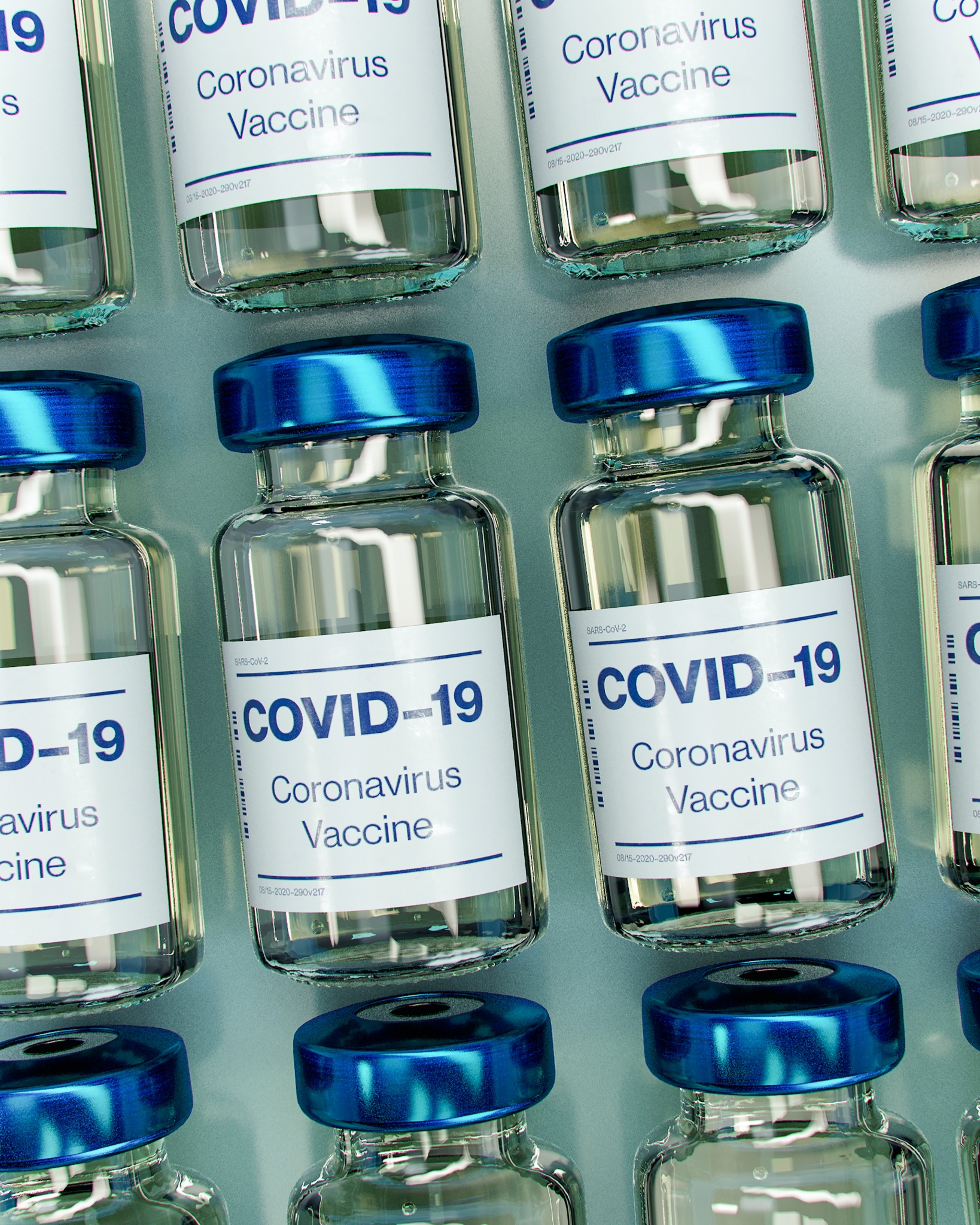Responding to the UN Human Rights Council’s adoption, today, of a resolution calling for equitable, affordable, timely and universal access to COVID-19 vaccines, Amnesty International’s Health Advisor, Tamaryn Nelson, said:
“This resolution is yet another urgent reminder that vaccine access is a basic human right that every single person is entitled to. The resolution rightly calls for increased international cooperation, and expresses serious concern over the global disparity in access to COVID-19 vaccines. It emphasizes the urgent need for states to fulfil the right to health and the right to enjoy the benefits of scientific progress and its applications, which includes access to vaccines.
“States must cooperate to ensure vaccines are developed and manufactured in sufficient supply, and distributed in a timely and equitable manner around the globe. Businesses, especially the pharmaceutical industry, must live up to their human rights responsibilities and make every effort to ensure that vaccines are affordable and accessible to the maximum number of people worldwide.
“To this end, Amnesty International urges states and businesses to work together to ensure that intellectual property rules do not prevent any countries from upholding the right to health. This includes agreeing to a temporary ‘waiver’ on certain aspects of the TRIPS agreement for the production of COVID-19 health products, and joining the WHO’s COVID-19 Technology Access Pool (C-TAP), a shared platform for knowledge and technology that aims to increase global supply of vaccines.”
Background
The UN Human Rights Council resolution, Ensuring equitable, affordable, timely, and universal access by all countries to vaccines in response to the COVID-19 pandemic, adopted by consensus in Geneva today, also requests that the UN High Commissioner for Human Rights to prepare a report on the issue and creates further space for discussion at the UN Human Rights Council.






















